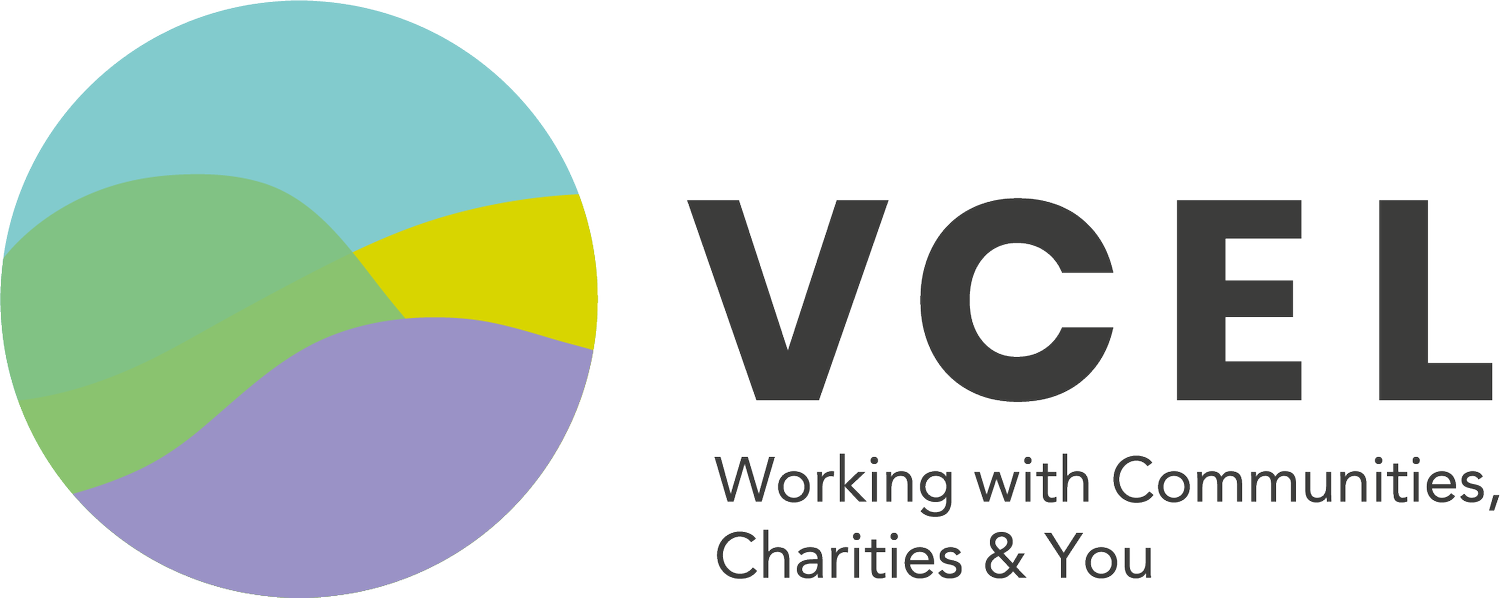Vaccination Q&A
Covid-19 Shielding
Local Authority Q&A Vaccine
The COVID-19 vaccines
The coronavirus (COVID-19) vaccines have been created to help protect people against falling seriously ill or dying from coronavirus. The vaccines work by building up your immunity to the virus, so that if you contract the virus your body will be able fight it off more easily if it affects you.
Are the vaccines safe?
Yes. The vaccines approved for use in the UK have met strict standards of safety, quality and effectiveness set out by the independent Medicines and Healthcare products Regulatory Agency (MHRA).
Each vaccine goes through a rigorous and independent three-phase testing process long before it can be licensed as safe and effective for use.
During a pandemic, the timeframes can be compressed, but never at the expense of safety. This will be the case for all other COVID-19 vaccines approved for use in the UK.
The MHRA keep the safety of all vaccines under close and continual review, and would take appropriate regulatory action if new evidence emerged which called into question the safety of any vaccines currently in use in.
When will I get my vaccine
The Joint Committee on Vaccination and Immunisation (JCVI) has created a list of 9 groups of people, who are most at risk, that should be vaccinated as a first priority. If you are on the shielding list and are 16 or over, then you will be vaccinated as part of group four. This group includes all those 70 years of age and over and people aged 16 and over who are clinically extremely vulnerable. However, if you fall into groups one to three then you will be offered a vaccine first, these groups are made up of:
• residents in a care home for older adults and their carers
• people aged 80 and over
• frontline health and social care workers
The current expectation is that everyone in group four should have received the first dose of the vaccine by mid-February. The second dose of the vaccine will be given up to 12 weeks later. This is to ensure that we are protecting the maximum number of people possible.
Further information on the JCVI priority list can be found here.
Should I contact my GP to arrange my vaccine?
No. You will be contacted by your local NHS health board, or in some cases you GP, to arrange an appointment as soon as is possible and in line with vaccine supply. We ask people for their patience and to take up their appointment when they are called.
Once I have the first dose of the vaccine, will I be able to stop shielding?
Our current guidance is that once you have received the first dose of the vaccine you should continue to follow the shielding advice. That’s because we don’t yet know if receiving the vaccine means you can still spread coronavirus or not at this time, we do not know if the vaccines will stop you getting COVID-19 or, importantly, stop you from passing it on, we do however know that it reduces mortality and morbidity.
To find out more about these measures, visit Coronavirus (COVID-19): shielding advice and support - gov.scot (www.gov.scot).
I am immunocompromised, can I still have the vaccine?
You can still receive the coronavirus vaccine if you are immunocompromised or if you have disorders of the immune system. The effectiveness and immune response is being monitored throughout the rollout of the vaccine.
I’m concerned about going to get the vaccine in case I catch coronavirus. What should I do?
During your vaccination, strict infection prevention and control measures will be in place. This means that every precaution has been taken to ensure that you will not contract coronavirus whilst attending your appointment.
I don’t want to get the vaccine. Do I have to?
No, but we recommend that everyone aged 16 and over should get the vaccine unless there is specific risk, such as women who are pregnant or people who are allergic to the ingredients within the vaccines. It is especially important to get the vaccine if you are on the shielding list, this is because you are at a higher risk of becoming seriously ill from coronavirus.
If you have any concerns about receiving the vaccine you can call the Scottish COVID-19 Vaccination Helpline on 0800 030 8013 (open daily, 8am to 8pm) or visit www.nhsinform.scot/covid19vaccine.
What are the side effects of the vaccine?
In some cases people may experience side effects after receiving the coronavirus vaccine. Most side effects are mild and may include:
· tenderness, swelling and/or redness at the injection site
· headache
· muscle ache
· feeling tired
· fever/ high temperature (37.8°C or greater)
A less common side effect is swelling of the glands which could start a few days after the vaccine and may last for up to 2 weeks.
This is to be expected and is a sign of the immune system responding to the vaccine.
Has the vaccine been tested on people with [my condition]?
Although, the vaccines have been through rigorous testing and large scale trials, these may not have included people with your condition. However, the Medicine and Healthcare products Regulatory Agency (MHRA) has approved the vaccines for use based on all the data they currently hold. This means that the vaccines have reached the required standards of safety and effectiveness.
If you are worried about receiving the vaccine you can visit www.nhsinform.scot/covid19vaccine or call the Scottish COVID-19 Vaccination Helpline on 0800 030 8013 (open daily, 8am to 8pm).
Can I have the vaccine if I am pregnant?
There's no evidence the COVID-19 vaccine is unsafe if you're pregnant. But more evidence is needed before you can be routinely offered the vaccine.
The JCVI has updated its advice to recommend you may be able to have the vaccine if you're pregnant and:
at high risk of getting coronavirus because of where you work
have a health condition that means you're at high risk of serious complications of coronavirus
You can have the COVID-19 vaccine if you're breastfeeding.
Speak to a healthcare professional before you have the vaccination. They will discuss the benefits and risks of the COVID-19 vaccine with you.
Further information about the vaccination programme if you are pregnant or breastfeeding can be accessed here COVID-19 vaccination pregnancy advice (healthscotland.com).
Can I have the vaccine if I have severe allergies?
You should not get the coronavirus vaccine if you have ever had a severe anaphylactic reaction to any ingredients in the vaccine or a previous dose of the vaccine.
This will only affect a small number of people, but you will be able to ask any questions when you attend your vaccine appointment.
If you do have a reaction to the vaccine, it usually happens in minutes. The people giving the vaccine are trained to deal with allergic reactions and treat them immediately.
I am not currently on the shielding list, but I think I should be
If you think you are at higher risk of coronavirus due to an underlying health condition then you can speak to your clinician or health care professional about being added to the list. People aged 16-64 with underlying health conditions will be offered the vaccine as part of group 6.
Where can I find further information about the coronavirus vaccine?
If you want to find out more information on the coronavirus vaccine, you can visit Coronavirus (COVID-19) vaccine | NHS inform.
I received a text message to say everyone on the shielding list will receive the first dose of the vaccine by mid-February, does this include my child?
If you are a parent or carer of someone who is shielding and have signed up to receive text messages on their behalf, you will have received a message on 20 January advising that those who are extremely clinically vulnerable will receive the first dose of the vaccine by mid-February. At this time, the vaccine will not be offered to young people under 16 on the shielding list unless there are exceptional circumstances, and following on from an individual risk assessment completed by your child’s clinician.

